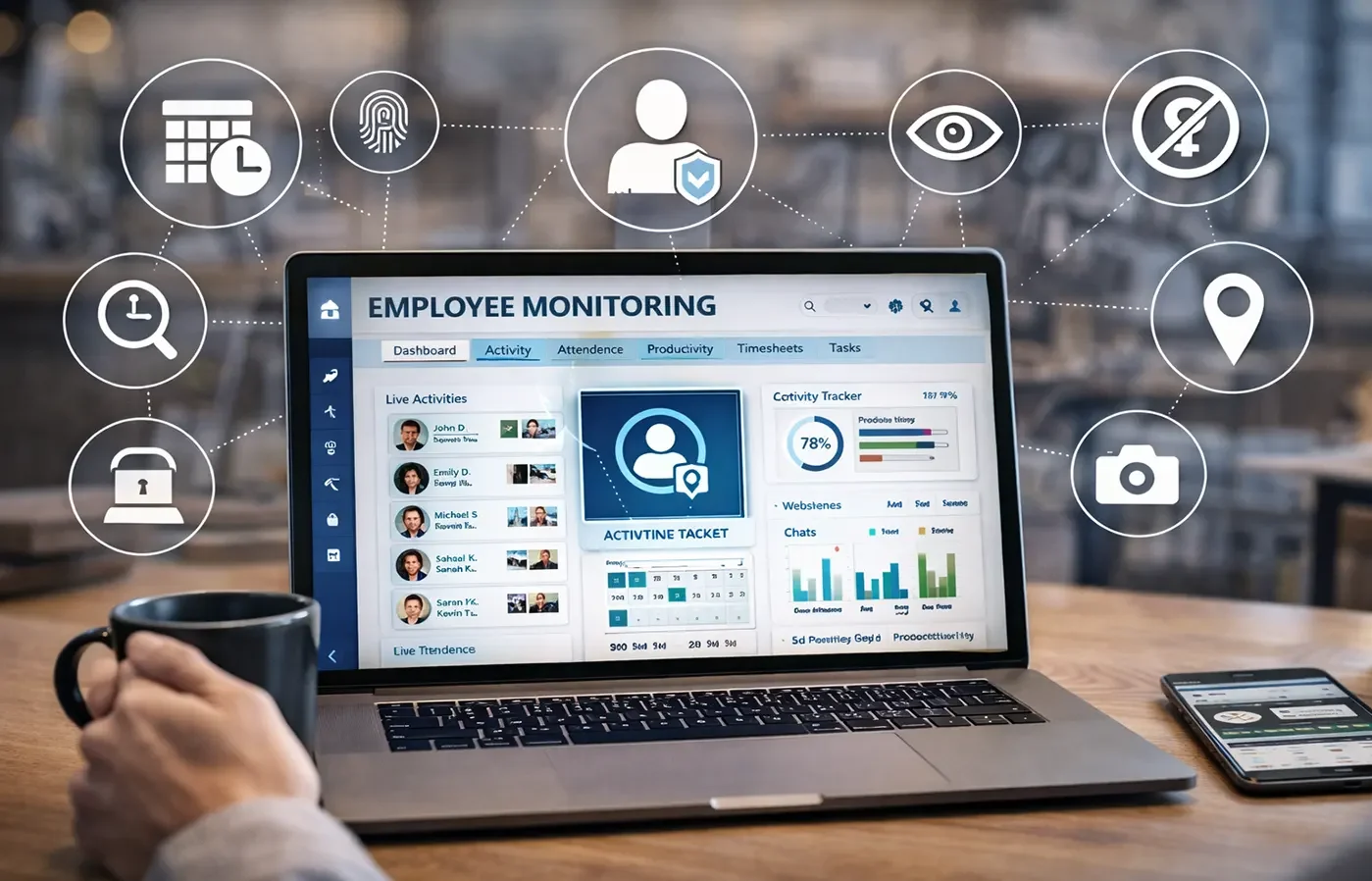Choosing a financial planner is one of the most important decisions you’ll make for your retirement security, and seeking a remote advisor requires focusing on both their financial expertise and their ability to work effectively at a distance. The ideal candidate will combine top-tier professional credentials with a commitment to a client-first approach and strong technology skills.
1. Essential Professional Credentials
The first step in vetting a remote financial planner is examining their certifications and licenses.
The Gold Standard: Certified Financial Planner™ (CFP®)
The Certified Financial Planner™ (CFP®) designation is widely considered the standard of excellence in personal financial planning. To earn this, an advisor must meet rigorous requirements:
- Education: Complete college-level coursework on financial planning, covering areas like retirement planning, insurance, investments, and estate planning. A bachelor’s degree is also required.
- Examination: Pass a comprehensive two-day exam that tests the application of financial planning knowledge to real-life situations.
- Experience: Accumulate thousands of hours of relevant professional experience.
- Ethics: Adhere to the CFP Board’s code of ethics, which includes a fiduciary duty to clients.
Specialized Retirement Credentials
Because your focus is retirement, look for advisors who have specialized knowledge in this area. Relevant certifications include:
- Retirement Management Analyst® (RMA®): Focuses on managing the transition from saving for retirement to generating sustainable income during retirement.
- Chartered Retirement Planning Counselor (CRPC®): Addresses pre- and post-retirement needs, including tax planning, estate planning, and asset management.
Crucial Licensing
Ensure the planner is properly registered and licensed. While the specific requirements vary by location (country/state), you should check their standing with the appropriate regulatory bodies. For example, in the U.S., you can use the SEC’s IAPD (Investment Adviser Public Disclosure) or FINRA’s BrokerCheck to review an advisor’s professional history, licenses, and any disciplinary actions.
2. Fiduciary Duty: The Client-First Mandate
One qualification that goes beyond letters is the planner’s legal and ethical standard.
Demand a Fiduciary
A fiduciary advisor is legally and ethically required to act in your best financial interest at all times, putting your needs above their own or their firm’s. This contrasts with a “suitability standard,” where an advisor only has to recommend products that are suitable, even if better, lower-cost options exist.
Since a CFP® professional is held to a fiduciary standard when providing financial advice, this credential serves as a strong indicator of this commitment. Always ask a potential advisor, “Are you a fiduciary for me, in writing?”
3. Remote-Specific Qualifications & Skills
The virtual nature of your relationship requires the planner to have certain technological and communication proficiencies.
Technological Proficiency
A remote planner should be an expert in the tools necessary for secure and efficient digital collaboration:
- Secure Communication: Comfort with video conferencing (Zoom, Google Meet, etc.) and the ability to maintain cybersecurity protocols to protect your sensitive data.
- Planning Software: Expertise in using financial planning software (e.g., eMoney, MoneyGuidePro) to create detailed cash flow models that project your retirement income and expenses. These models are crucial for visualizing a remote plan.
- Digital Organization: Experience with secure online client portals for easy, 24/7 document sharing and review.
Communication and Accessibility
The distance demands excellent communication. Look for a planner who is:
- Responsive: Clearly defines their typical response time for emails or calls.
- Structured: Uses a clear, scheduled process for virtual client meetings, plan reviews, and annual check-ins.
- Clear: Excels at explaining complex financial concepts in a straightforward way over a video call.
4. Experience, Fees, and Client Fit
Beyond credentials, a final review of their experience and practice structure is vital for a successful remote partnership.
Relevant Retirement Experience
The planner should have extensive experience in the following:
- Retirement Distribution: Strategies for drawing down retirement assets (401(k)s, IRAs, pensions) in the most tax-efficient manner.
- Tax Planning: In-depth knowledge of how taxes will affect your income streams in retirement (e.g., Social Security, capital gains, required minimum distributions).
- Holistic Planning: Experience integrating all aspects of your financial life, including healthcare costs, long-term care, and estate planning.
Transparent Fee Structure
Understand exactly how the planner is compensated, as this impacts their incentives:
- Fee-Only: These advisors only get paid by their clients (hourly, flat fee, or percentage of assets under management, or AUM) and do not receive commissions from selling products. This structure aligns best with the fiduciary standard.
- Fee-Based: These advisors charge fees and can earn commissions, creating a potential conflict of interest.
A Good Fit
Finally, assess your personal comfort. Do they primarily serve clients with similar needs and assets? Do you feel comfortable sharing your most sensitive financial details with them through a screen? The best qualification is a genuine, trusting connection.





